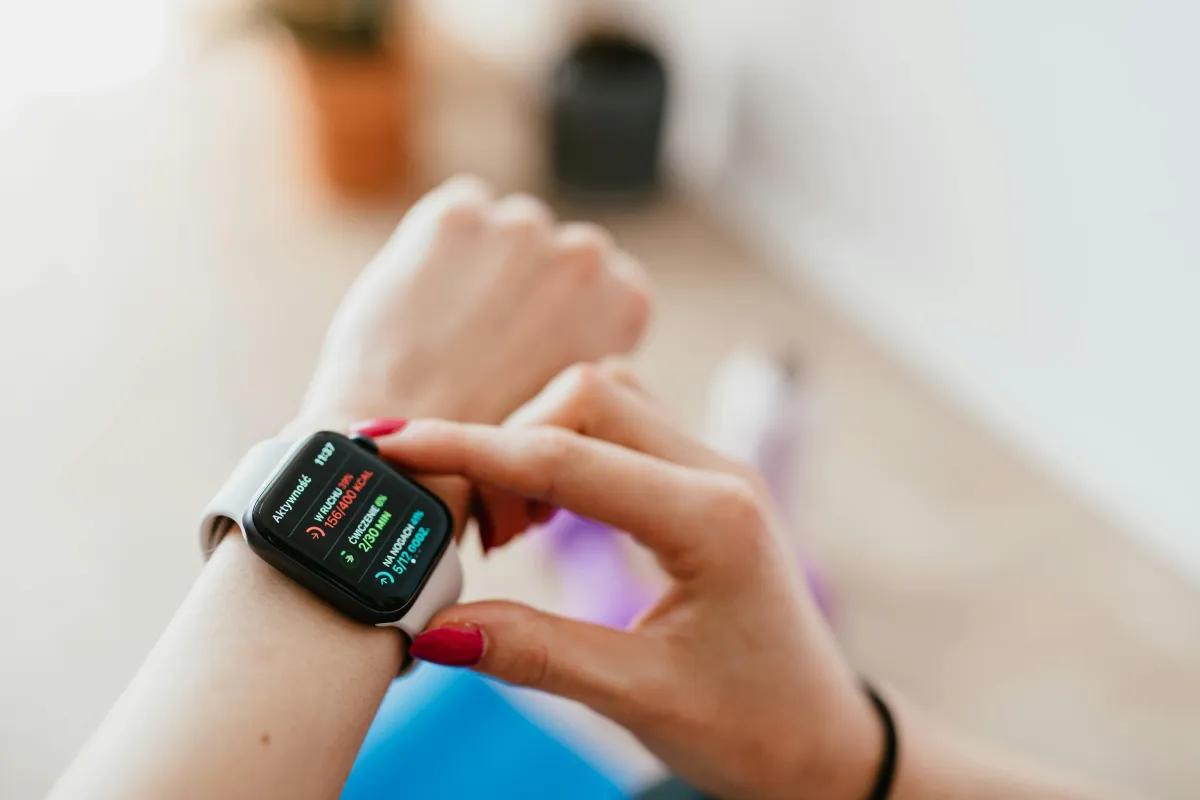
Your Sleep Tracker Might Be Lying to You 😴 - Paul Oneid
Your Sleep Tracker Might Be Lying to You 😴
Let’s talk about sleep—and those little rings, watches, and bands we all seem to wear these days to track it.
Now, I’m not anti-tech. I use wearables too. But here’s the thing: sleep trackers are just tools. They are not sleep or recovery itself.
Over the last few years, I’ve had more and more clients come to me stressed out because their device told them they “slept poorly”... even though they felt great. They crushed their lift, were clear-headed, had good energy… and still started second-guessing everything.
Why?
Because the score on their app was “red.”
That’s a problem.
Here’s What We Know
Sleep is critical for recovery, training, mood, and pretty much every system in your body. You know that already.
But what we often forget is that your experience matters more than the numbers.
Most wearables measure things like heart rate, movement, and temperature, not brain waves. So they’re making guesses. Sometimes they get it right. Other times, not even close.
I’ve seen sleep data show “restless” or “poor recovery” after a perfect night of sleep. I’ve also seen “optimal recovery” after 4 beers and 5 hours of broken sleep.
So what’s the point?
The Real Value of Sleep Tracking
Use it to notice trends, not to obsess over daily scores.
Instead of asking, “Why was my HRV lower today?” ask:
How did I feel waking up?
Did I train well today?
Have I been consistent with sleep/wake time?
Am I hydrated? Stressed? Overcooked from training?
That’s the real tracking. The wearable just adds another layer.
My Rule of Thumb
If your body feels ready and your mind is clear, train.
If your wearable says recovery is low, but you feel fine, trust yourself more than the ring.
But if you’ve felt flat for 2-3 days and your tracker reflects that, then it might be worth adjusting something: sleep routine, nutrition, hydration, or training load.
Don’t let tech talk you out of your own self-awareness.
What’s the point of this?
Wearables can be a great tool—if you’re the one in charge. But the second you give them the power to tell you how to feel? That’s when you lose the game.
Learn to use the data, not be ruled by it.
You’re not a robot. You’re a human. Sleep like one.
If you're unsure how to balance data with how you actually feel, we can help. Book a call with me or one of our coaches at www.masterathletic.com. We'll show you how to use sleep data without letting it control your progress—or your mindset.
Stay Strong,
Paul Oneid, MS. MS. CSCS
Founder and Head Coach
